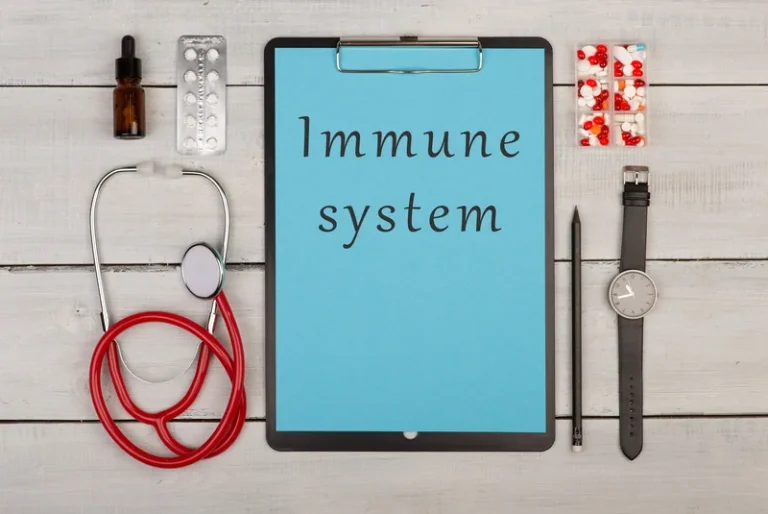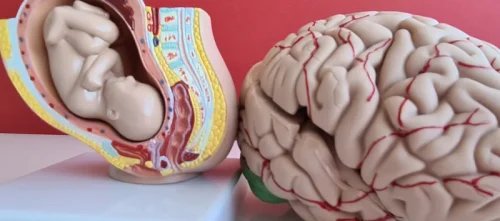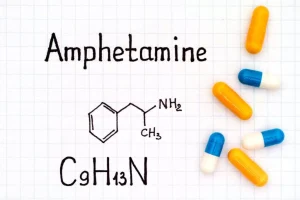
Sex differences in brain activation were specific to men; previous studies have revealed sex differences in how alcohol use disorder presents and progresses in men and women. Woburn Addiction Treatment is a leader in the addiction treatment field, with proven success in facilitating long-term recovery. Our team of top clinical & medical experts specializes in treating addiction coupled with mental illness, ensuring that each person receives individualized care. With regard to sex, although women with AUD enter treatment earlier in the course of the disease than men,133 clinical studies of pharmacologic AUD treatment tend to be comprised of mostly male patient populations.
Health problems caused by alcohol dependence
“No level of drinking is safe when it comes to cancer risk, but after a year without alcohol, you’ve experienced a significant risk reduction.” After all this time, you might also appreciate a lot of the emotional effects of a life without alcohol. “Your relationships are likely improved, and your resilience has increased,” says Dr. Mosquera. And, emotionally, alcohol can make you not only more anxious, but more irritable, more impulsive and less inhibited — not just after a drink, but compounded over time, says Dr. Mosquera. These effects can also be exacerbated if you have a mental health diagnosis like bipolar disorder, he says.
Alcohol’s Effects on the Liver, the Neuroendocrine System, and Bone
It has a neural and behavioral profile that in almost every aspect is opposite to that of CRF. Moreover, alcohol-dependent rats exhibit decreased NPY content in the central nucleus of the amygdala during withdrawal (Roy and Pandey 2002), whereas, as stated above, CRF levels in this brain region are increased in alcohol-dependent animals. Furthermore, stimulation of NPY activity in this brain structure suppresses anxiety-like behavior (Thorsell et al. 2007) and dependence-induced increases in alcohol drinking (Gilpin et al. 2008a). The anatomical distributions of CRF and NPY are highly overlapping, suggesting that one might serve as a “buffer” for the effects of the other. Alcoholism, also called dependence on alcohol, is a chronic relapsing disorder that is progressive and has serious detrimental health outcomes.
Tip 4: Find new meaning in life
However, research suggests that adolescents may be more sensitive to some of alcohol’s harmful effects on brain function. Studies in rats found that alcohol impairs the ability of adolescent animals more than adult animals to learn a task that requires spatial memory. Research also suggests a mechanism for this effect; in adolescents more than adults, https://ecosoberhouse.com/ alcohol inhibits the process in which, with repeated experience, nerve impulses travel more easily across the gap between nerve cells (i.e., neurons) involved in the task being learned. During puberty, accelerating cascades of growth factors and sex hormones set off sexual maturation, growth in stature and muscle mass, and bone development.
What Are the Long-Term Effects of Alcohol Use?
Participants were screened to exclude major medical, neurological, and Axis I psychiatric disorders. Exclusion criteria also included MR contraindications and history of seizures, traumatic brain injury or concussions. No participants were currently on psychotropic medications, and all tested negative for illicit substances and alcohol use via a drug and breathalyzer test, respectively, on the day of the study.

Late Stages of Alcohol Dependence
Additional training in assessment and diagnosis for physician trainees at the medical school level is also needed. Most medical schools only devote a few hours over four years to teaching addiction medicine, a mere fraction of the time devoted to other chronic diseases encountered in general practice [8]. As a result, many physicians are ill-equipped to differentiate addiction from dependence due to a lack of expertise. Other professionals who diagnose addiction (e.g. social workers, physician assistants, nurse-practitioners, addiction counselors) also need better education about these distinctions. Millions of readers rely on HelpGuide.org for free, evidence-based resources to understand and navigate mental health challenges.
Depending on how many symptoms you have, your condition may be classified as mild, moderate, or severe. If you can’t function properly in the morning without your cup of coffee, it could be that you are caffeine-dependent. When you miss physiological dependence on alcohol your morning cup, you might develop physical withdrawal symptoms, like a headache, fatigue, difficulty concentrating, and more. A growing body of substance use research conducted with humans is complementing the work in animals.

Choosing an Alcohol Rehab Treatment Program
- Based on the current state of AUD treatment research, it appears unlikely that a single agent or combination regimen will prove to be effective in all patients with AUD.
- The main neurotransmitter systems affected by alcohol are gamma-aminobutyric acid (GABA), glutamate, dopamine and opioid (Nutt, 1999).
According to the National Institute on Alcohol Abuse and Alcoholism (NIAAA), more than 17 million people in the United States either abuse or are dependent on alcohol (NIAAA 2007a), with a cost to U.S. society of over $180 billion annually (NIAAA 2004a). It’s often hard to admit how dependent you are on alcohol or drugs or how much they affect your life. Similarly, the symptoms of conditions such as depression, anxiety, bipolar disorder, or PTSD can be frightening, so you may try to ignore them and hope they go away. Or you may be ashamed or afraid of being viewed as weak if you admit you have a problem.

Recent Activity

When someone is physically dependent on alcohol, they feel they cannot function or survive without it. They might experience strong cravings for alcohol and find that their ability to perform daily tasks is significantly impaired without it. Before you decide to stop drinking, talk to a healthcare provider to determine what treatment options are available and whether you would benefit from medical supervision during detox.

What Is Alcohol Dependence?
The Verified badge on our articles is a trusted sign of the most comprehensive scientifically-based medical content.If you have any concern that our content is inaccurate or it should be updated, please let our team know at [email protected]. With various options available—from outpatient programs and intensive outpatient care to inpatient facilities and sober living homes—recovery from alcohol addiction is possible. Under the Affordable Care Act (ACA), most health insurance plans, including those provided through employers, marketplaces, and government programs like Medicare and Medicaid, must offer some coverage for addiction treatment, including outpatient detox. Deductibles, copayments, and coinsurance will determine how much of the detox treatment cost is covered.

0 Comments